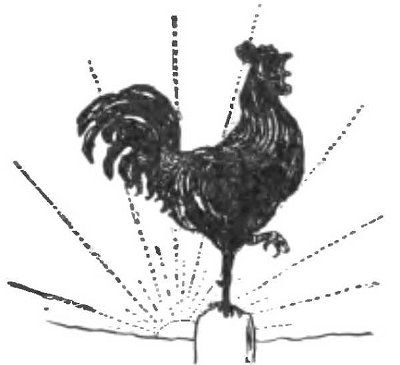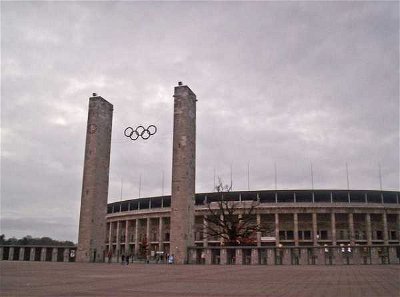16. He led his country from 1944 as Prime Minister, President (beginning in 1953), and finally President-for-Life (1974) until his death on May 4th, 1980 from peripheral artery disease and a gangrene infection.
Who was this 'benevolent dictator'?
From Quiz Death and Faxes
Answer:
Josip Broz Tito
Josip Broz, commonly called 'Tito', was born in 1892 in the Kingdom of Croatia-Slavonia within the Austro-Hungarian Empire. He spent his early life working in many factory jobs, before being conscripted into the Austro-Hungarian military just prior to the outset of World War I. He lived a tumultuous existence during the war, including much time as a Russian POW, and eventually returned to his home (Kumrovec) in the (then) Kingdom of Serbs, Croats and Slovenes in 1920. Soon afterwards, he joined the Communist Party of Yugoslavia (CPY). In the interwar years, Broz became involved with the revolutionary actions of the CPY, which resulted in his arrest and jail time in the early 1930s. It was in 1934 that Broz, writing articles for the CPY, used the pen name 'Tito' for the first time. A few years later (in 1939), Josip Broz Tito became the General Secretary of the CPY.
During World War II, Tito became the leader of liberation forces fighting against Nazi occupation, and this led to his being recognized as the first Prime Minister of Yugoslavia by the end of the war. In the years following the war, although initially aligned with Soviet communist policies, Tito and Stalin had a 'falling out' (to simplify a complicated backstory), and Tito went forward with his own way of communism and a foreign policy of neutrality through the Cold War years. Tito ran his own 'oppressive' regime, ensuring he held power and brooking no political dissension, but at the same time he worked to provide an overall improved existence for the general citizens of Yugoslavia. His decades of rule resulted in a state funeral that was attended by world leaders (or their representatives) from 129 different states.
The May 5th edition of the New York Times wrote: "Tito sought to improve life. Unlike others who rose to power on the communist wave after WWII, Tito did not long demand that his people suffer for a distant vision of a better life. After an initial Soviet-influenced bleak period, Tito moved toward radical improvement of life in the country. Yugoslavia gradually became a bright spot amid the general grayness of Eastern Europe."
 Here is a mix of famous people who left this world in the year of 1980. There is a wide mixture of people from many different fields.
Here is a mix of famous people who left this world in the year of 1980. There is a wide mixture of people from many different fields.  Here is a mix of famous people who left this world in the year of 1980. There is a wide mixture of people from many different fields.
Here is a mix of famous people who left this world in the year of 1980. There is a wide mixture of people from many different fields.  Many notable people died during the 1980s. Here we remember one of them from each year of the decade.
Many notable people died during the 1980s. Here we remember one of them from each year of the decade.  = Top 5% Rated Quiz,
= Top 5% Rated Quiz,
 Top 10% Rated Quiz,
Top 10% Rated Quiz,
 Top 20% Rated Quiz,
Top 20% Rated Quiz,
 A Well Rated Quiz
A Well Rated Quiz